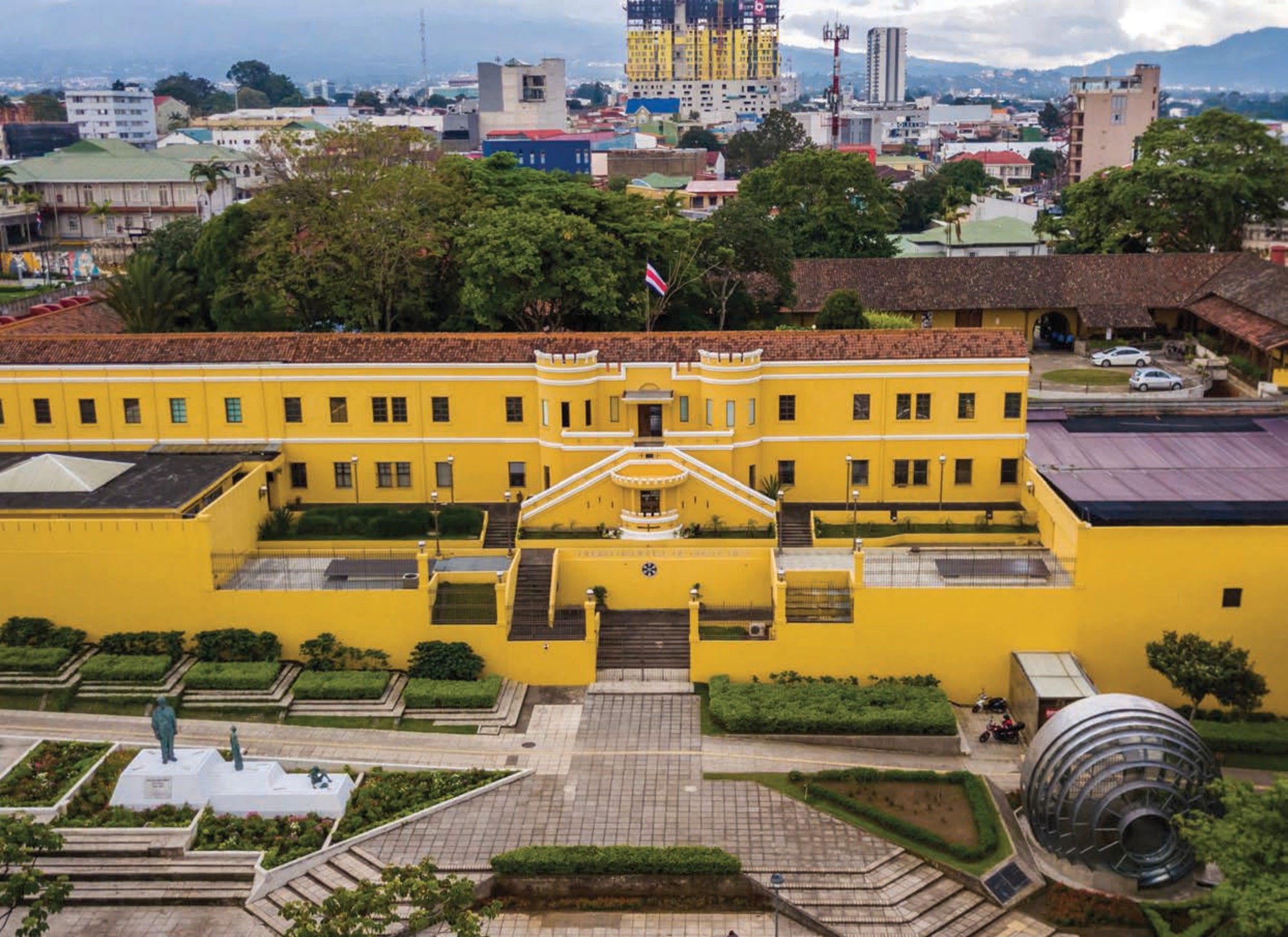Costa Rica is the longest standing democracy in Latin America. Overall, the country is displaying good results in the area of public governance, integrity and corruption compared with other countries in the region and with the OECD average. Nonetheless, Costa Rica recently faced several high-level corruption cases and there is a need to consolidate democratic gains, safeguard trust in government and build economic resilience. While the country is already taking action against impunity, investments in corruption prevention and strong insitutions will be important to effectively manage integrity risks.Establishing and continuously improving a coherent and comprehensive integrity system will help maintain democratic stability and economic prosperity.
OECD Integrity Review of Costa Rica

Executive summary
Ensuring a co-ordinated and coherent public integrity system
Costa Rica currently lacks a strategic framework to ensure co-ordination among all major integrity actors. While the recent National Strategy for Integrity and Prevention of Corruption (ENIPC) highlighted the benefit of such co-ordination, it also exposed challenges with respect to achieving a more institutionalised co-operation. Furthermore, a coherent implementation of integrity standards is difficult because of different levels of autonomy and independence across branches and levels of government and between entities within the public administration, which is divided into the central, institutional and territorial levels.
Costa Rica could establish a permanent co-ordination commission involving key stakeholders and taking a whole-of-society approach to counter corruption. Technical discussions could take place in two sub-commissions, on prevention and on enforcement. The political and technical steering of the commission could be ensured by involving the President of the Republic and by assigning the Technical Secretariat of the commission to the Attorney for Public Ethics.
The country could promote the mainstreaming of integrity policies into the whole public administration by strengthening in particular the Institutional Commissions on Ethics and Values (CIEV) and the National Commission of Values (CNEV).
Grounding the National Integrity and Corruption Prevention Strategy (ENIPC)
The ENIPC is an important step towards a resilient and strong integrity system in Costa Rica as it provides a long-term vision built on a broad consensus. However, the ENIPC currently lacks clarity with respect to the implementation, monitoring and evaluation of the activities it proposes.
Costa Rica, through its Ministry of National Planning and Economic Policy (MIDEPLAN), could ensure that integrity is included in the National Development Plan 2022-2026, prioritising the commitment to improve co-ordination amongst actors of the integrity system and the open and participative development of the National Anti-corruption Policy, as prioritised by the ENIPC. In addition, Costa Rica could ensure effective monitoring and evaluation of the ENIPC and future integrity policies.
Strengthening conflict of interest management
Costa Rica’s legal framework on managing conflict of interest is fragmented, making it difficult for public officials to know what measures apply to them. Only blanket prohibitions and sanctions are provided. In addition, there is no clear definition of what is a conflict of interest, which has undermined the development of an overarching system to prevent and manage conflict of interests with clear institutional responsibilities.
Costa Rica could strengthen its integrity regulations as the basis for managing conflict of interest, including the unification of the relevant legislation and standards into one cohesive regime and including regulations for pre- and post-public employment.
Similarly, the country would benefit from establishing an overarching system for the prevention and management of conflict of interest.
Strengthening transparency and integrity in decision-making
Costa Rica currently lacks the necessary guardrails to ensure that public decision-making processes are transparent and shielded against undue influence.
Costa Rica could adopt a strong, effective and resilient framework for lobbying and influence activities, ensuring transparency on all efforts to influence the policy-making process across all branches of government. This framework should include regulations for both public officials and all interest groups influencing the government.
Costa Rica could also adopt binding rules for the selection process of advisory or expert groups, and promote transparency on what the outcomes are, how they have been dealt with and how they are incorporated in the resulting decision.
Costa Rica could strengthen its existing rules on transparency and integrity in election processes by specifying contribution and spending limits and adopting regulations on online media advertisement.
The current system for access to information remains incomplete without a stand-alone access to/freedom of information law applicable to the whole public sector. Costa Rica would also benefit from adopting a law on citizen participation.
Developing a coherent disciplinary system
Costa Rica’s legal and institutional framework for disciplinary enforcement is highly fragmented in relation to the procedures applicable across different categories of public officials and entities and the description of the offences set out in various regulations. In addition, there is no central guidance on disciplinary matters that would ensure a uniform implementation of rules and processes across the public sector. These shortcomings lead to inconsistencies that undermine the effectiveness and, ultimately, the fairness of disciplinary enforcement mechanisms due to the resulting lack of legal certainty.
Costa Rica could consider developing a set of common disciplinary rules to streamline its overall disciplinary framework across the public sector and ensure fairness, clarity and a coherent level of disciplinary accountability.
The rules should seek to guide entities in a harmonised implementation of the applicable legal framework. This initiative could be further supported by increasing the capacity of officials responsible for disciplinary proceedings through specialised training on disciplinary matters.
Costa Rica could mandate the MIDEPLAN to issue overall disciplinary enforcement policies, including the development of centralised guidance to entities. Similarly, and with the goal of improving the uniform application of disciplinary rules based on guidance provided, the country would benefit from introducing criteria for assigning disciplinary responsibilities to a specific function within entities.